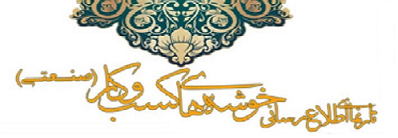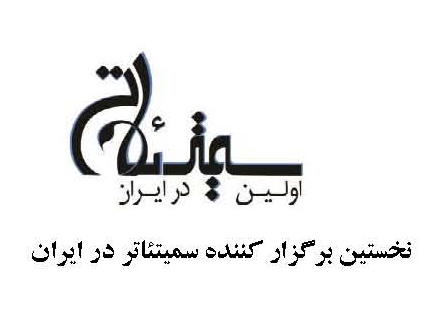بیزینس مانیتور- صنعت خودرودرایران - سه ماهه چهارم 2010
Executive Summary
The Iranian auto industry has recorded a mixed performance this quarter. While production, sales and exports are growing quickly in the face of economic difficulties, the two major Iranian carmakers – Iran Khodro (IKCO) and Saipa – have continued to suffer from liquidity issues. Overall, however, the commitment of the Iranian government to developing the domestic auto industry ensures that these difficulties are of secondary importance compared with increasing production and exports. IKCO, Iran's largest auto firm, intends to increase 2010-2011 production to over 73,000 units.
The political commitment extends to moves by the government to mitigate any potential effects of sanctions. The opening of a new auto plant in Kashan can be seen in this light, as the government aims to
replace lost imports. Already, two major firms – Toyota Motor and Daimler – have announced that they are to end business relationships with Iran and that they will stop exporting to the country. These moves are significant for the Iranian economy and the nation's auto industry specifically. While Toyota does not play a major role in the Iranian auto market, the decision reflects broader concerns over the difficulty of maintaining a presence in the country against pressure from the West. The American sanctions regime, in particular, poses difficulties as it applies sanctions to non-American firms that do not comply with certain requirements. As firms try to comply with these demands by introducing or tightening end-user verification, the difficulty of trading with Iran increases substantially. This said, no other auto firms that trade with Iran have yet made announcements similar to Toyota's. Indeed, French firm Renault has no sizeable involvement in the US market and is unlikely to be forced to end cooperation with IKCO as a result of the European sanctions regime.
BMI believes that due to government support, the Iranian automotive industry has a fair amount of protection from external threats such as sanctions, but it cannot be completely sheltered from the global downturn in auto demand. With only moderate auto sales growth estimated for the domestic market, the
sector will have to look to export demand to drive production growth. But this strategy has its risks, as the world economy remains on a fragile road to recovery. We foresee total vehicle production in Iran rising to 1.4mn units in 2010.
مطالب مرتبط


